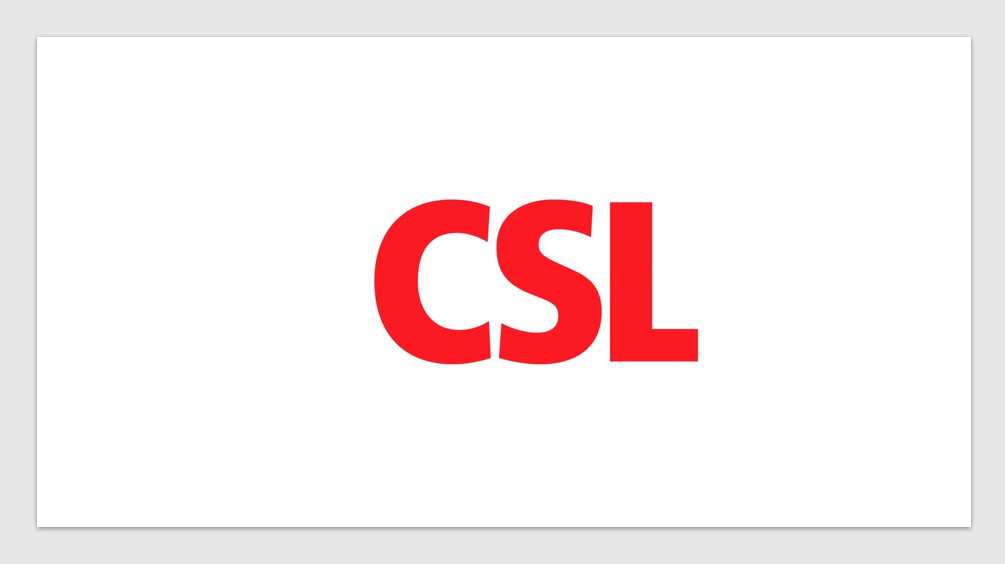News & Trends - Pharmaceuticals
Department of Health admits HTA process flexes when ‘problems become increasingly acute’

The Federal Health Minister, Mark Butler MP, has recently claimed that the “PBS wasn’t working for women” and taken steps toward correcting decades of oversight. However, at Senate Estimates, questions were raised on how exactly did the Minister “right that wrong”? And why, after all these years, has a solution only now emerged?
Senator Larissa Waters, Greens Leader in the Senate and spokesperson on Women, has been at the forefront of advocating for change. Leading the Parliamentary Inquiry into Menopause and Perimenopause, she has consistently called out the absence of a federal policy addressing the impact of these conditions on women’s health, employment, and overall quality of life.
For the first time in decades, new menopause treatments and oral contraceptives will be subsidised under Labor’s $573 million pre-election women’s health package.
Yet, Senator Waters did not let the government off the hook. “How is it that a fix is possible now, when it seemingly wasn’t possible for the last umpteen decades?” she questioned at Senate Estimates.
Duncan McIntyre, First Assistant Secretary of the Technology Assessment and Access Division at the Department of Health, explained that following the Parliamentary Inquiry the Health Minister had written to the Pharmaceutical Benefits Advisory Committee (PBAC) requesting “advice about ways that this could be dealt with”.
The crux of the issue lies in the lowest cost comparator test – a longstanding approach adopted in Australian HTA policy that many argue has been a barrier to timely access to innovative medicines.
“We wanted to make sure that companies were putting forward all the benefits associated with these products for consideration by the PBAC,” said Andrew Rintoul, Assistant Secretary, Prescribed List Reform Taskforce.
McIntyre revealed that pharmaceutical companies had struggled to provide clinical trial evidence beyond the contraceptive benefits, as these drugs have been on the market for decades. As a result, the PBAC revised its stance, considering the ways in which they could make use of evidence from prescribers, such as lower side effects, as a basis for determining the appropriateness of a lowest cost comparator.
“We’re in negotiations to come to an agreed cost comparator which is higher than existing oral contraceptives that are on the PBS, but not as high as what the sponsors have initially sought,” McIntyre admitted.
This shift raises the question: why wasn’t this HTA approach implemented earlier?
Senator Waters pressed further, asking, “Have the rules changed to enable that broader range of impacts [such as side effects] to now be considered – as they should be and should always have been?”
Penny Shakespeare, Deputy Secretary of the Health Resourcing Group, was quick to defend the existing HTA process, claiming, “The rules haven’t changed. The independent advice that the PBAC committee provides over time can be nuanced. In particular, as problems emerge and become increasingly acute, those committees may reconsider whether there are other ways that they can go about providing advice that can allow negotiations.”
The HTA process undeniably allows for flexibility in considering various types and levels of evidence, but this flexibility is applied inconsistently and without transparency. The lack of clarity on when the PBAC decides to exercise this flexibility raises serious questions about equity.
Will the implementation of the HTA review recommendations, despite its lengthy timeline, deliver the bold reforms needed to drive timely and equitable access to innovative health technologies?
![]() In reimagining healthcare across the entire patient journey, Health Industry HubTM is the only one-stop-hub uniting the diversity of the Pharma, MedTech, Diagnostics & Biotech sectors to inspire meaningful change.
In reimagining healthcare across the entire patient journey, Health Industry HubTM is the only one-stop-hub uniting the diversity of the Pharma, MedTech, Diagnostics & Biotech sectors to inspire meaningful change.
The Health Industry HubTM content is copyright protected. Access is available under individual user licenses. Please click here to subscribe and visit T&Cs here.
News & Trends - Biotechnology

CSL reshapes R&D while bracing for U.S. tariffs
Australia’s largest biotech company CSL is streamlining its R&D operations to enhance efficiency amidst a rapidly evolving global landscape. The […]
MoreNews & Trends - MedTech & Diagnostics

Australia joins Medtronic trial in fight against resistant hypertension
Medtronic has launched an international clinical trial across Australia, the United States, and Europe to evaluate the feasibility of multi-organ […]
MoreNews & Trends - MedTech & Diagnostics

Medibank launches pharmacogenetic testing while government stalls on insurance discrimination ban
Medibank has become the first Australian health insurer to pay towards pharmacogenetic testing (PGx) for eligible customers on Extras cover. […]
MoreNews & Trends - Pharmaceuticals

Global pledge shifts visibility and action for patients with advanced breast cancer
Three breast cancer organisations have united internationally to demand that people living with metastatic breast cancer (MBC) are no longer […]
More